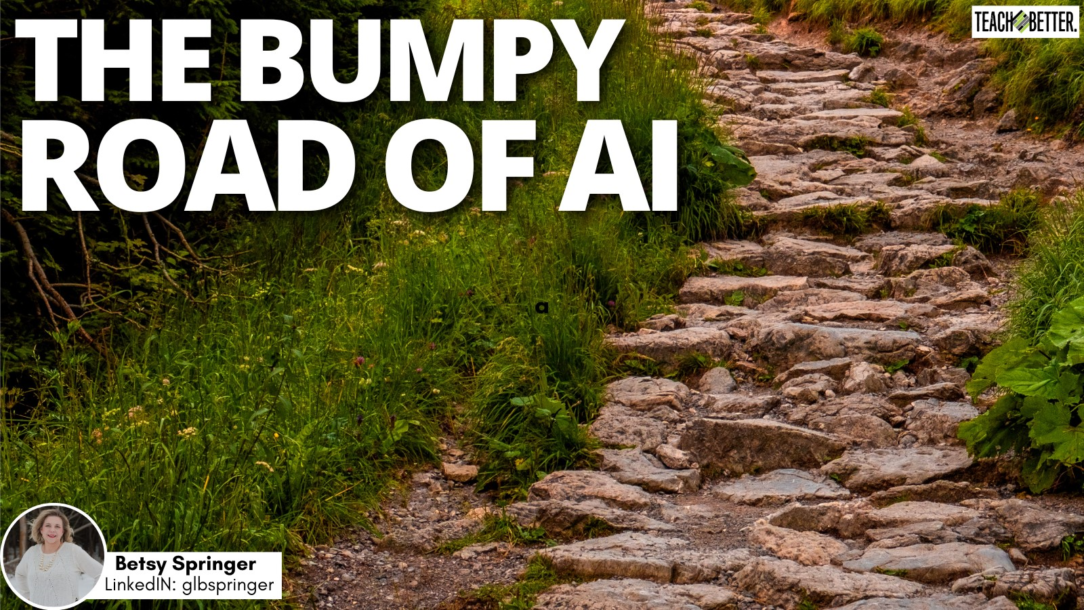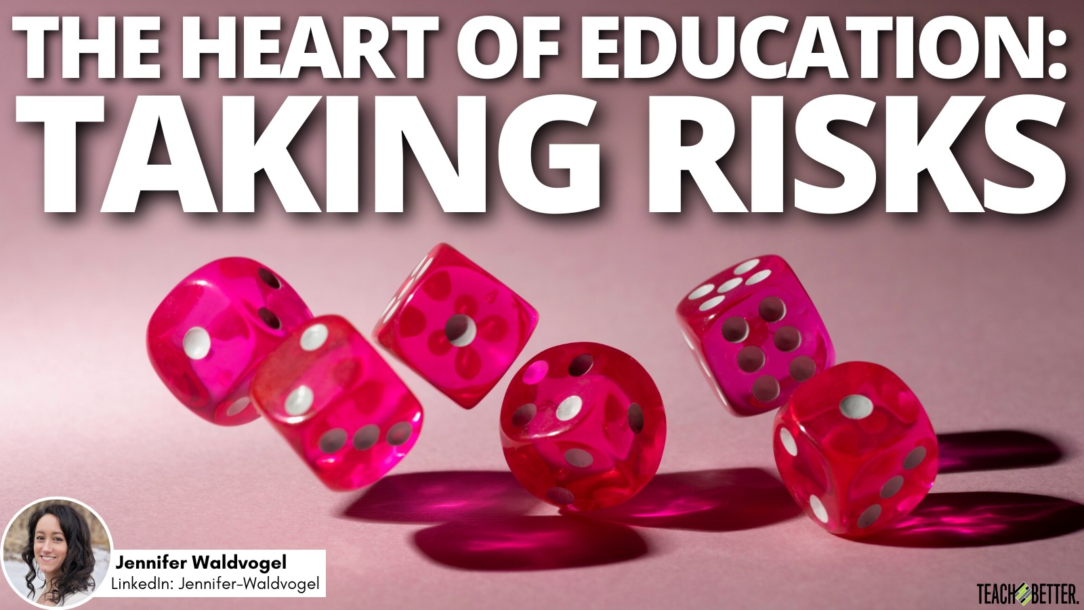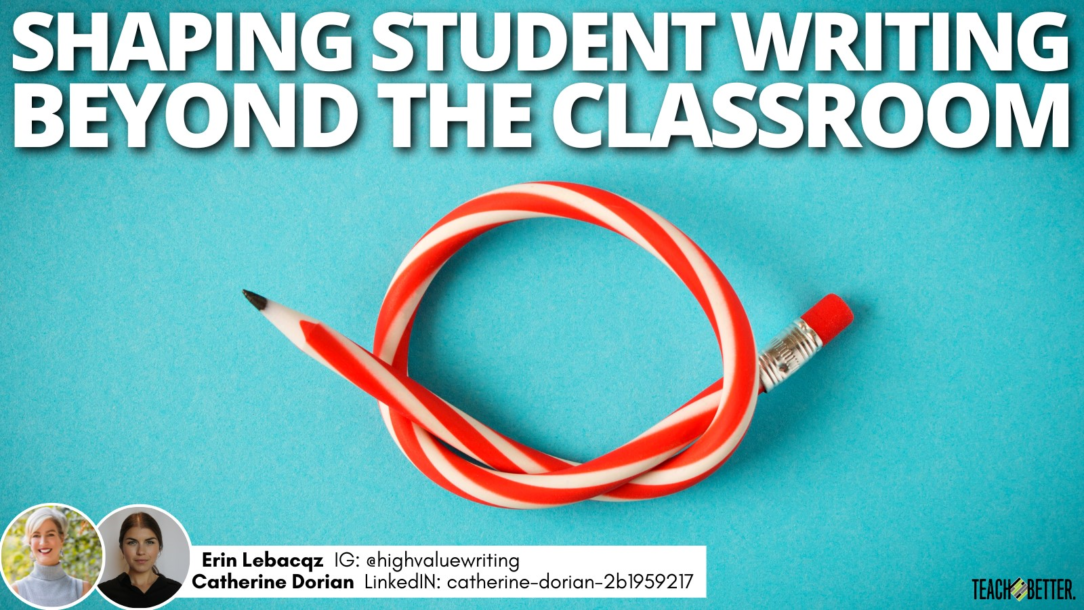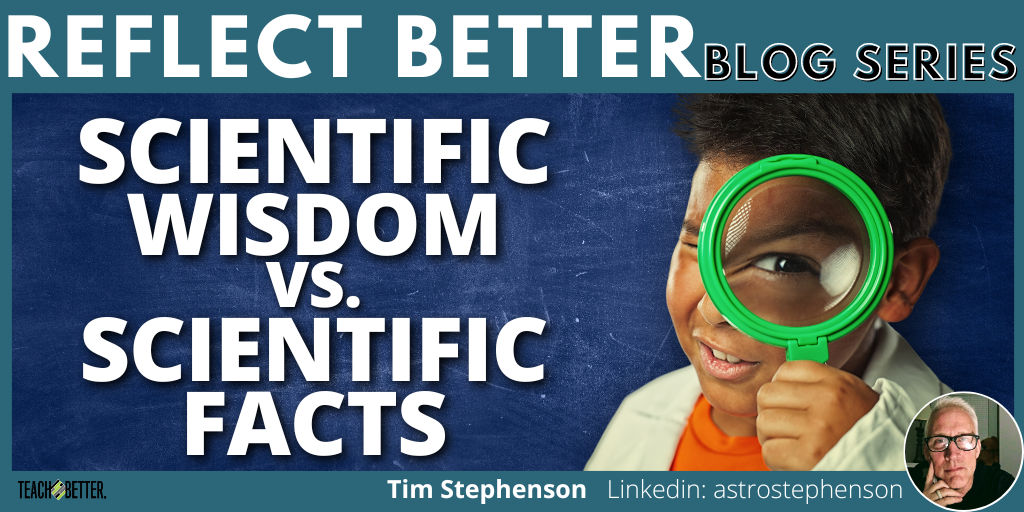TL;DR: There are parallels between off-roading and teaching in the age of AI. Students are motivated to use AI and work proactively to tackle the issues. This post shares practical tips for educators to embrace AI tools in their teaching. “You may delay, but time will not.” — Benjamin Franklin I recently went off-roading with my husband. Now, we are not … Read More
Cognitive Student Engagement in 2023
TL;DR: Explore the evolution of student engagement in the post-COVID-19 educational landscape. Do this with a focus on aligning education with student needs and passions. Gain insights from John Dewey’s philosophy and John Hattie’s research on empowering students in their learning. Learn strategies to enhance student engagement, including building personal connections, setting high expectations, differentiating grading, and giving students control … Read More
The Heart of Education: Taking Risks
TL;DR: Taking risks makes teaching more exciting and fulfilling. Start small with change to accomplish more in the long run. Risk-taking is easier for students when we build them a safety net. Failure is natural. Show students it’s okay to fail as long as we try again. Growing up, we’re taught to be careful: to wear helmets and knee pads … Read More
Audience Awareness: Shaping Student Writing Beyond the Classroom
TL;DR: Students primarily write for teachers in academic settings, but they also engage in real-world writing. Teaching audience awareness helps students understand their readers and write more effectively. Using a reader profile fosters a shift from self-centered writing to audience-oriented writing in various genres. Audience Awareness: Teaching your students to think about the reader behind their writing. When it comes … Read More
Meaningful Lessons: Scientific Wisdom vs. Scientific Facts
TL;DR: There is a need for more relevant science education in the 21st century. This post emphasizes the importance of teaching wisdom and context alongside facts. Teachers should engage students by making lessons meaningful and applicable. Ok, let’s hit the reset button on my podcast, Science360, for a moment. Let’s talk about why I bring the type of episodes that … Read More





